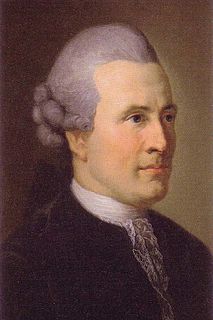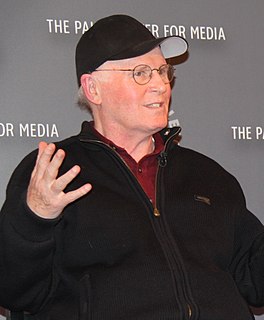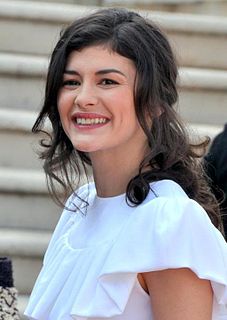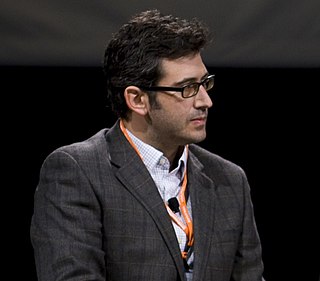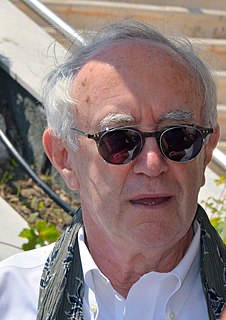A Quote by Suraj Venjaramood
It is important to understand that there is no distinction between comedians and actors. All are actors.
Quote Topics
Related Quotes
I certainly don't feel there's a distinction to be made between a television and a film actor. I think there's a distinction between great actors and not so great actors. But I really think if you watch a person working in television give a wonderful performance, that person is f - ing great, because there is no time.
I love actors, both my parents were actors, and the work with actors is the most enjoyable part of making a film. It's important that they feel protected and are confident they won't be betrayed. When you create that atmosphere of trust, it's in the bag - the actors will do everything to satisfy you.
When I got into the movie business, working with actors was the one thing I was really weak at. I didn't know what to say to actors. They scared me and intimidated me. The actors that I've worked with who have had a lot of experience, or who I've even grown up watching as a kid, were really scary. I was like, "What am I going to say to this person?" But, I've matured. It's fun. I understand what actors do now.
I like to think in camera, but at the last minute the most important thing is that there is something happening between the actors. But good actors can have a lot of scenes going around them but sometimes it sort of helps the performance because it takes their mind off of who they are supposed to be.





